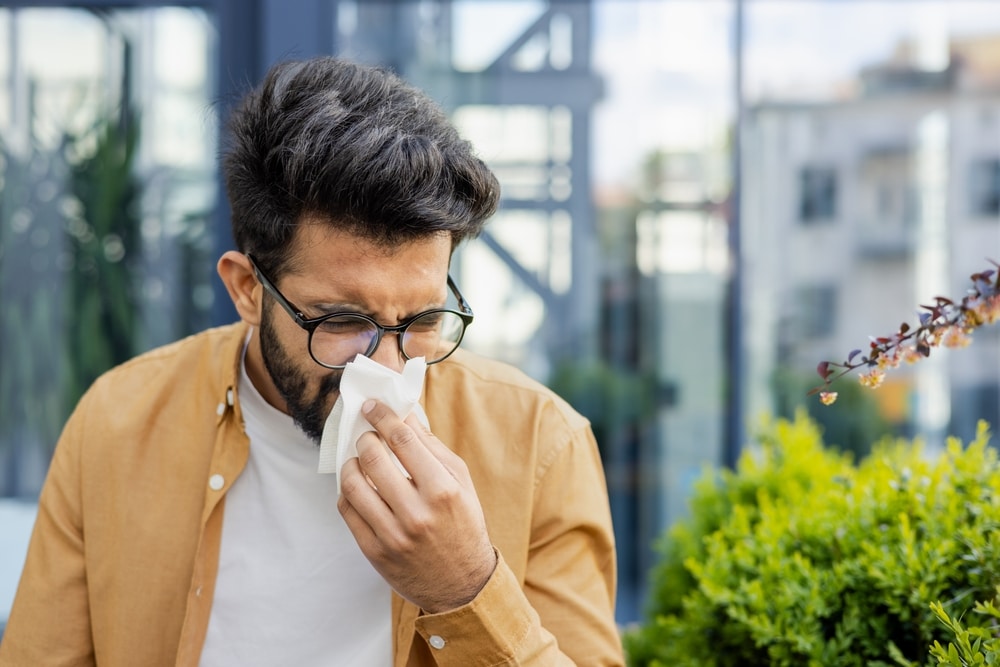Identifying Your Spring Allergy Triggers

Spring should be a time for outdoor enjoyment, but for many, it brings sneezing, red eyes, and relentless congestion. Spring allergies in Dallas can also cause skin issues like hives, itchiness, and flakiness.
If you struggle with allergy symptoms every year, identifying your triggers will make it easier to manage them.
At Dermatology Treatment and Research Center, Dr. Ross Radusky, a board-certified dermatologist, and his staff provide expert care for various skin and allergy-related concerns. They help patients recognize triggers and control their allergies for a healthier, more comfortable life.
Common Spring Allergy Triggers
Spring allergies are often caused by airborne allergens that increase as the weather gets warmer. Here are some of the most well-known culprits.
1. Pollen
Trees, grasses, and flowers release pollen in the spring, which can lead to sneezing, congestion, and itchy skin. Some of Dallas's biggest offenders include oak, birch, and ragweed. Windy days may make things worse by spreading pollen through the air.
2. Mold Spores
Mold flourishes in damp areas and can be found in soil, fallen leaves, and inside your home. Spring rain and humidity create the perfect environment for mold growth, leading to more exposure.
3. Dust Mites
While more common in winter, dust mites still cause allergic reactions during springtime for some people. This is especially true if you often open windows and stir up household dust.
4. Pet Dander
Pets shed more as they transition to their summer coats, increasing the amount of dander in the air. Dander may also worsen other symptoms even if you're not allergic to animals.
How to Identify Your Allergy Triggers
Pinpointing your triggers can help you take practical steps to minimize allergy flare-ups. Here's how:
- Track Your Symptoms: Keep a journal of when and where your allergies are the worst to spot patterns.
- Monitor Pollen Counts: Use weather apps or websites to check local pollen levels and plan outdoor activities accordingly.
- Consider Allergy Testing: A dermatologist or allergist can use skin or blood tests to determine your specific triggers.
Get Help With Spring Allergies in Dallas
Don't let spring allergies take over your life. Whether you need to identify triggers or manage skin reactions, Dermatology Treatment and Research Center is here to assist you. Call our Dallas office at 972.661.2729 or book an appointment online.